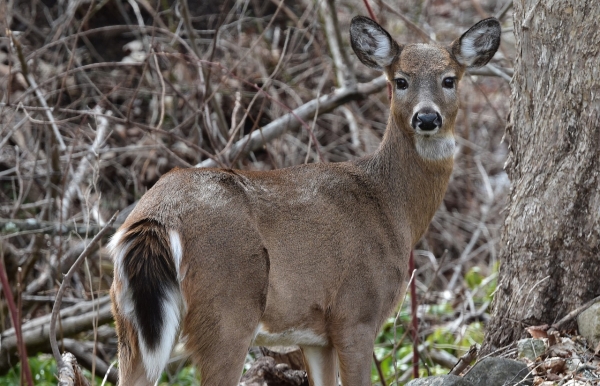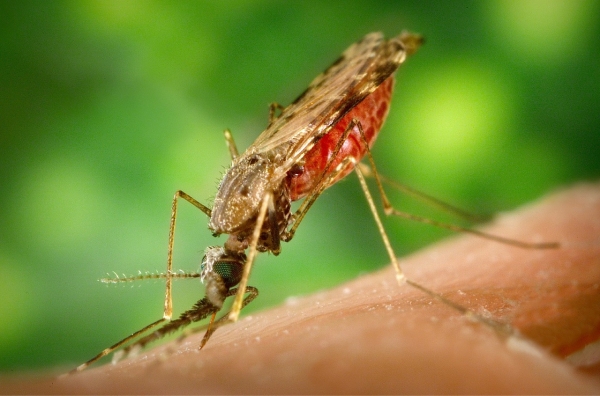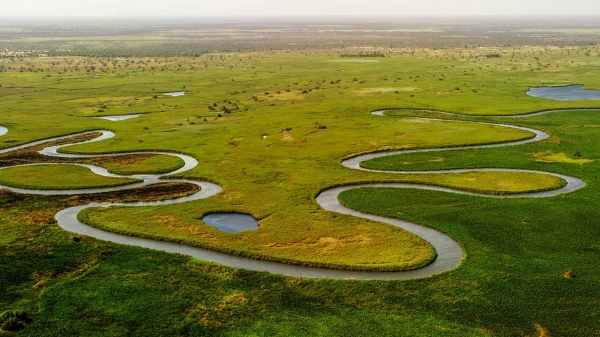As the climate changes, animals are doing what they can to adapt.
articles
Remote Sensing Technique Captures Details of Hurricane Ian’s Aftermath
Category 4 Hurricane Ian made landfall in Florida’s Lee County on Sept. 28, 2022, battering the region with wind speeds of 155 miles per hour and storm surge up to 13 feet – the highest storm surge documented in Southwest Florida in the past 150 years.
Can Climate Change Accelerate Transmission of Malaria? Pioneering Research Sheds Light on Impacts of Temperature
Malaria is a mosquito-borne disease caused by a parasite that spreads from bites of infected female Anopheles mosquitoes.
Air Pollution and Depression Linked With Heart Disease Deaths in Middle-Aged Adults
A study in more than 3,000 US counties, with 315 million residents, has suggested that air pollution is linked with stress and depression, putting under-65-year-olds at increased risk of dying from cardiovascular disease.
Managing Meandering Waterways in a Changing World
Just as water moves through a river, rivers themselves move across the landscape.
How Do Birds Flock? Researchers Do the Math to Reveal Previously Unknown Aerodynamic Phenomenon
In looking up at the sky during these early weeks of spring, you may very well see a flock of birds moving in unison as they migrate north.










